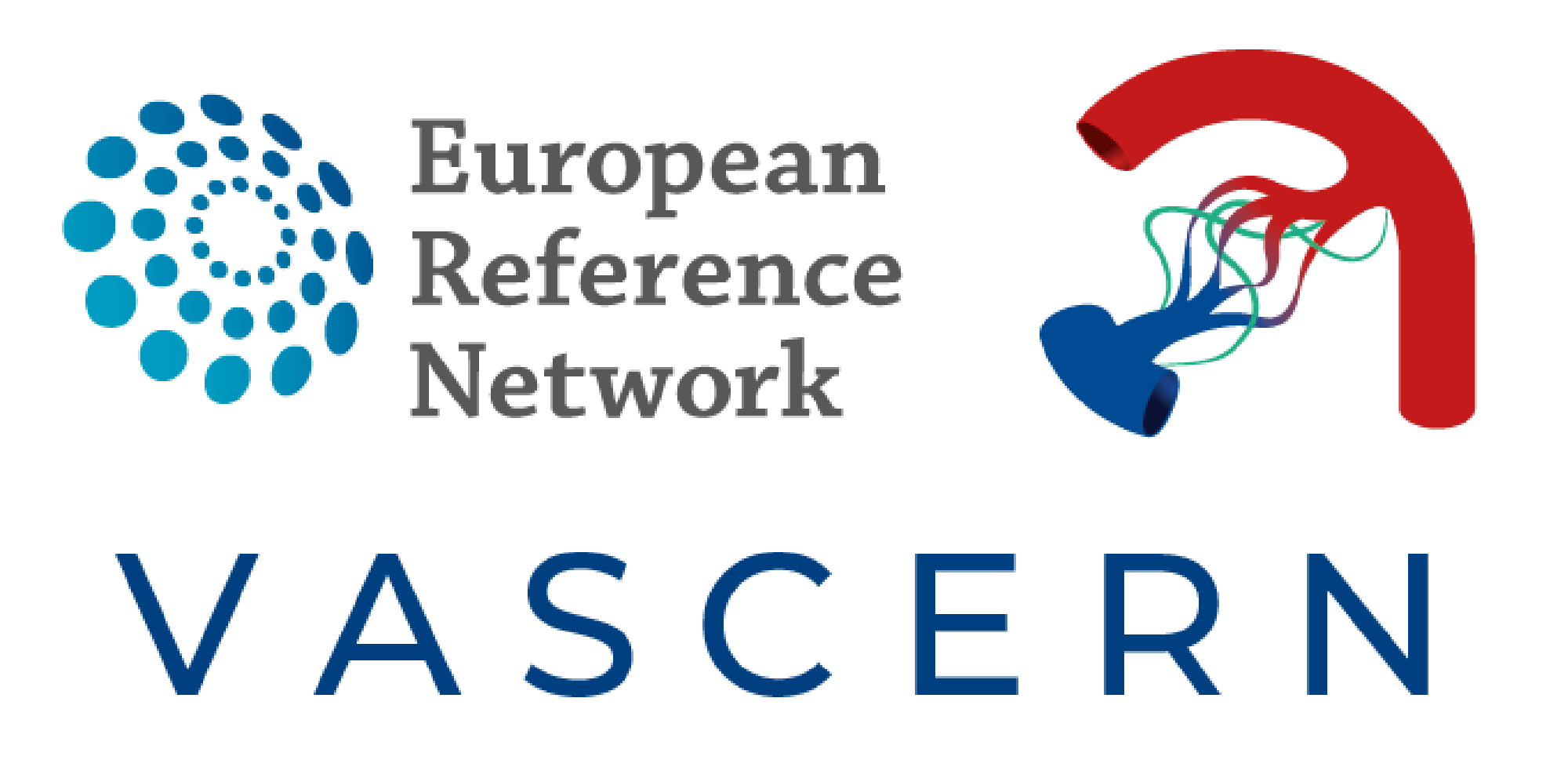In the constantly changing field of rare and complex diseases, data-driven insights are crucial for enhancing patient treatment and outcomes. The VASCERN Registry Project is in the forefront of this effort to improve patient care.
The registry is a comprehensive data repository for rare and complex vascular illnesses that promotes the identification of patterns, trends, and best practices in managing these complex diseases by pooling anonymized patient information, clinical data, and treatment outcomes. This shared knowledge provides evidence-based insights to medical practitioners and promotes the creation of more targeted and tailored treatment options. This project aims to revolutionize the diagnosis, treatment, and research of rare vascular diseases.
Our rare disease working groups have been working on setting up European registries and here are some recent developments and updates.
The Hereditary Hemorrhagic Telangiectasia Working Group (HHT-WG) has a fully functional Fair Data Point (FDP). The ICF for Hospices Civils de Lyon has been approved, and patient enrollment is ready to commence.
The Heritable Thoracic Aortic Diseases Working Group (HTAD-WG) has completed the development of the Fair Data Point and will soon have the first FAIR data on it. The registry already has 1,417 patients from 7 hospitals.
The Medium Sized Arteries Working Group (MSA-WG) is relaunching the registry process. The registry will be a centralized registry using the Castor platform. Currently, final steps are being taken to build an Electronic Case Report Form (eCrf).
The Neurovascular Diseases Working Group (NEUROVASC-WG) has a final draft of the eCRF, which will be tested and finalised soon. Currently, one HCP is ready to sign the data processing agreement, while the remaining HCPs are actively working on this. The NEUROVASC-WG regularly receives requests from various hospitals expressing their interest to participate in or to learn more about the registry.
The Pediatric and Primary Lymphedema Working Group (PPL-WG) has finished building its eCRF. Presently, one HCP is about to register its first patient, while two other HCPs are in the process of installing the registry.
The Vascular Anomalies Working Group (VASCA-WG) now has four HCP members who have signed the data processing agreement with the processor Castor. Two of them have been approved by the ethics committee. The working group members are also hard at work starting up several research projects that includes
- A natural history study
- A natural history study on complex lymphatic anomalies (CLAs)
- A study on PTEN
- A study specific to congenital chlylothorax
These studies will be linked to the VASCA registry to form one large data set.
The VASCERN Registry Project’s importance towards enhancing patient care cannot be understated as it continues to develop. The project’s progress thus far is only the beginning, as it aims to develop fully functional registries to support collaborative and data-driven approaches to rare vascular disease care.

